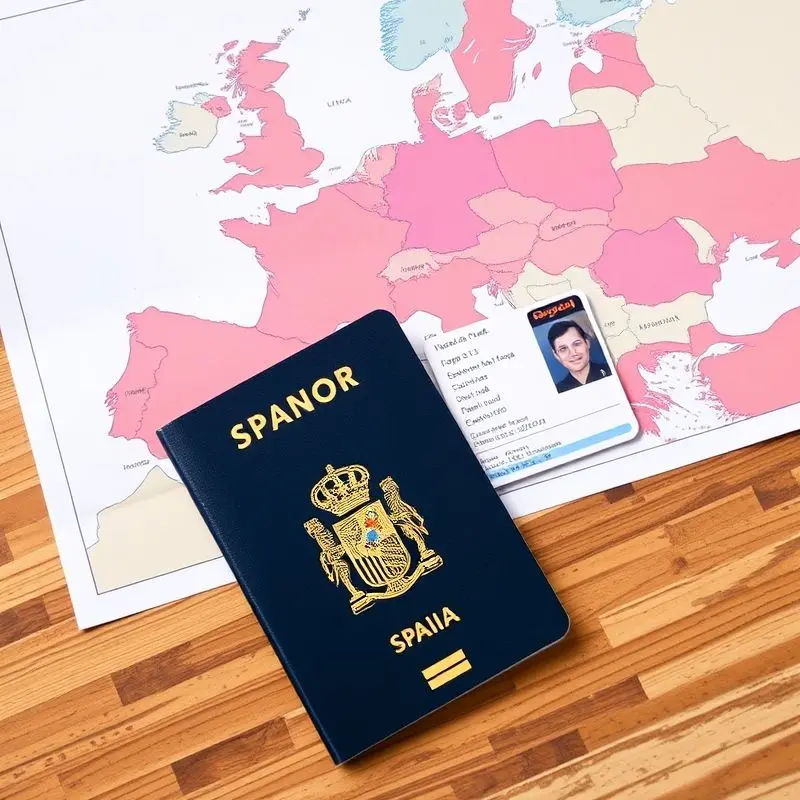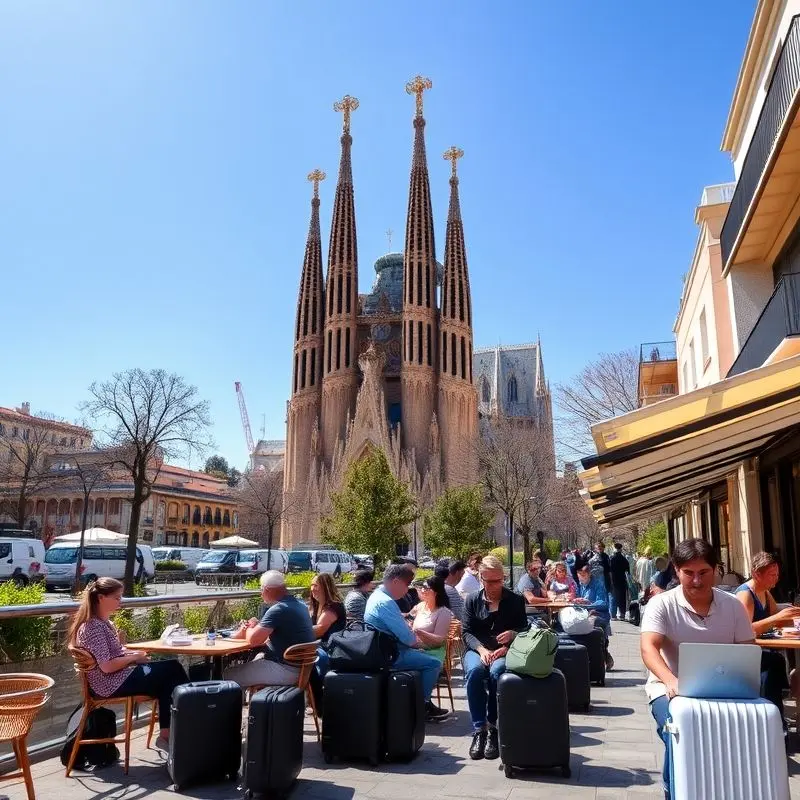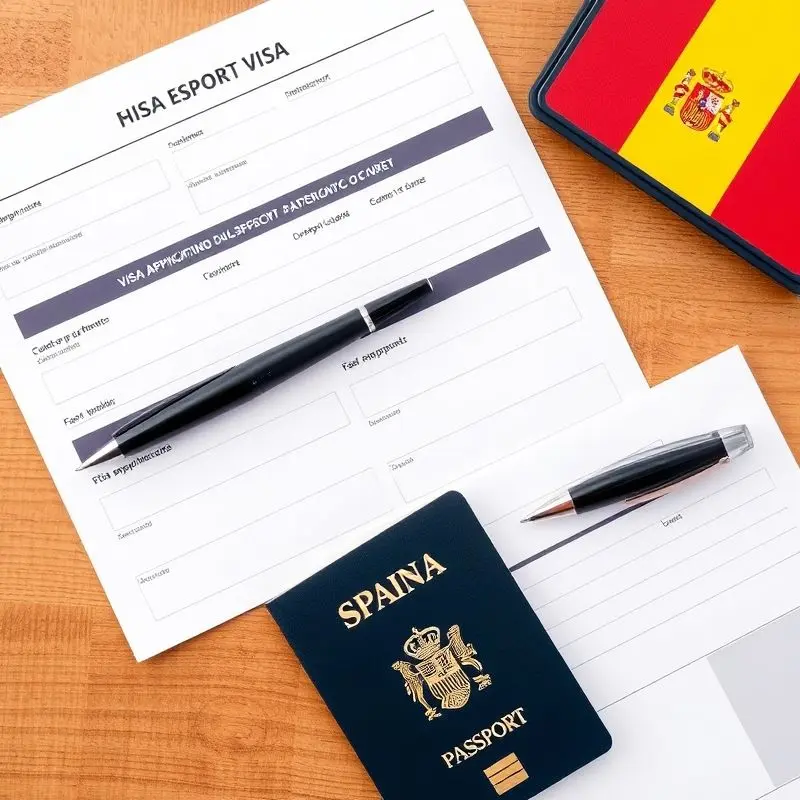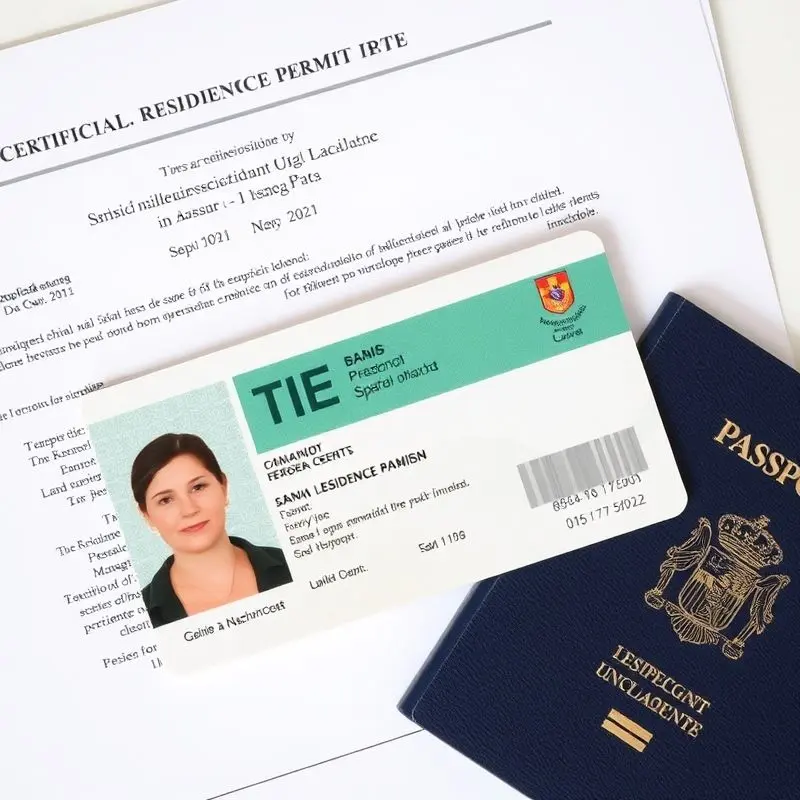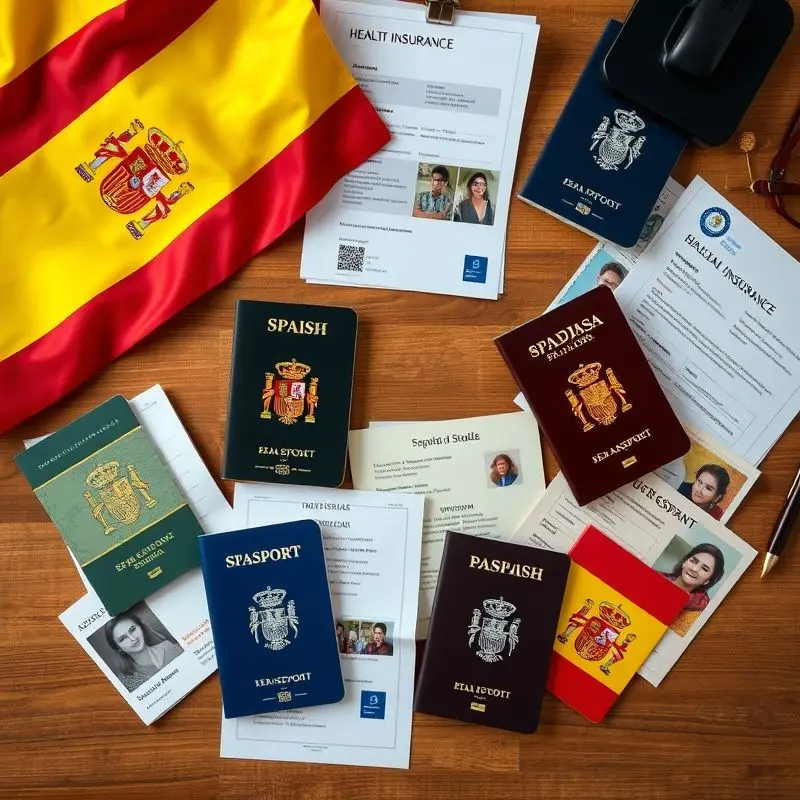Want to Work, Study, or Retire in Spain? Here’s How to Get the Right Visa

Why Spain?
Thinking about moving to Spain? You’re not alone. With its stunning beaches, rich culture, and a lifestyle that prioritizes quality of life, Spain attracts thousands of expats every year. Whether you’re planning to work, study, or retire, understanding the right visa is crucial.
So, how do you get the perfect visa for Spain? Let’s break it down step by step.

Understanding Spanish Visa Types
Before diving into the details, you need to understand the two main categories:
- Short-Term Visas (Schengen): For stays up to 90 days.
- Long-Term Visas: For those who plan to stay longer for work, study, or retirement.
Question: Which one suits you? Let’s explore.
Work in Spain: The Essential Guide
Spain offers several work visa options depending on your profession. Here’s what you need to know:
Types of Work Visas in Spain
- General Employment Visa: For those with a job offer from a Spanish employer.
- EU Blue Card: For highly skilled professionals.
Requirements for a Work Visa
- Job contract approved by Spanish authorities.
- Proof of qualifications.
- Clean criminal record.
How to Apply for a Spanish Work Visa
- Secure a job offer.
- Employer applies for a work permit.
- Submit your visa application at the Spanish consulate in your home country.

Study in Spain: A Gateway to European Education
Planning to study in Spain? You’ll need a student visa.
Benefits of Studying in Spain
- World-class universities.
- Affordable tuition compared to other European countries.
Requirements for a Student Visa
- Acceptance letter from a Spanish institution.
- Proof of financial means.
- Health insurance.

Retire in Spain: The Dream Lifestyle
Retiring in Spain sounds amazing, right? The non-lucrative visa makes it possible.
What is the Non-Lucrative Visa?
A visa for those who want to live in Spain without working.
Requirements:
- Proof of sufficient income.
- Private health insurance.

The Digital Nomad Visa in Spain
Spain has joined the list of countries offering a visa for remote workers.

Family and Dependent Visas
Want to bring your family? Spain allows family reunification for spouses, children, and even parents in some cases.
Permanent Residency and Citizenship
After living in Spain for 5 years, you can apply for permanent residency. Citizenship usually requires 10 years of legal stay.
Common Mistakes to Avoid
- Incomplete documents – Double-check everything.
- Missing deadlines – Spanish bureaucracy can be slow; start early.
Healthcare and Insurance
Private health insurance is mandatory for most visa types.
Taxes and Financial Responsibilities
If you stay in Spain for more than 183 days, you’re considered a tax resident. Check double taxation treaties with your country.

Living in Spain: What to Expect
Expert Tips
- Use immigration lawyers for complex cases.
- Submit all translations with official seals.
Conclusion
Moving to Spain can be a life-changing decision. By understanding the visa options and preparing properly, you can make your dream a reality.
FAQs
- Can I work on a student visa in Spain?
Yes, up to 20 hours per week. - How long does it take to get a Spanish work visa?
Usually 1–3 months. - Can I buy property in Spain on a non-lucrative visa?
Yes, you can own property, but you can’t work. - Is health insurance mandatory for all visa types?
Yes, it’s a must. - Can I apply for a visa while in Spain?
Most visas must be applied for from your home country.
